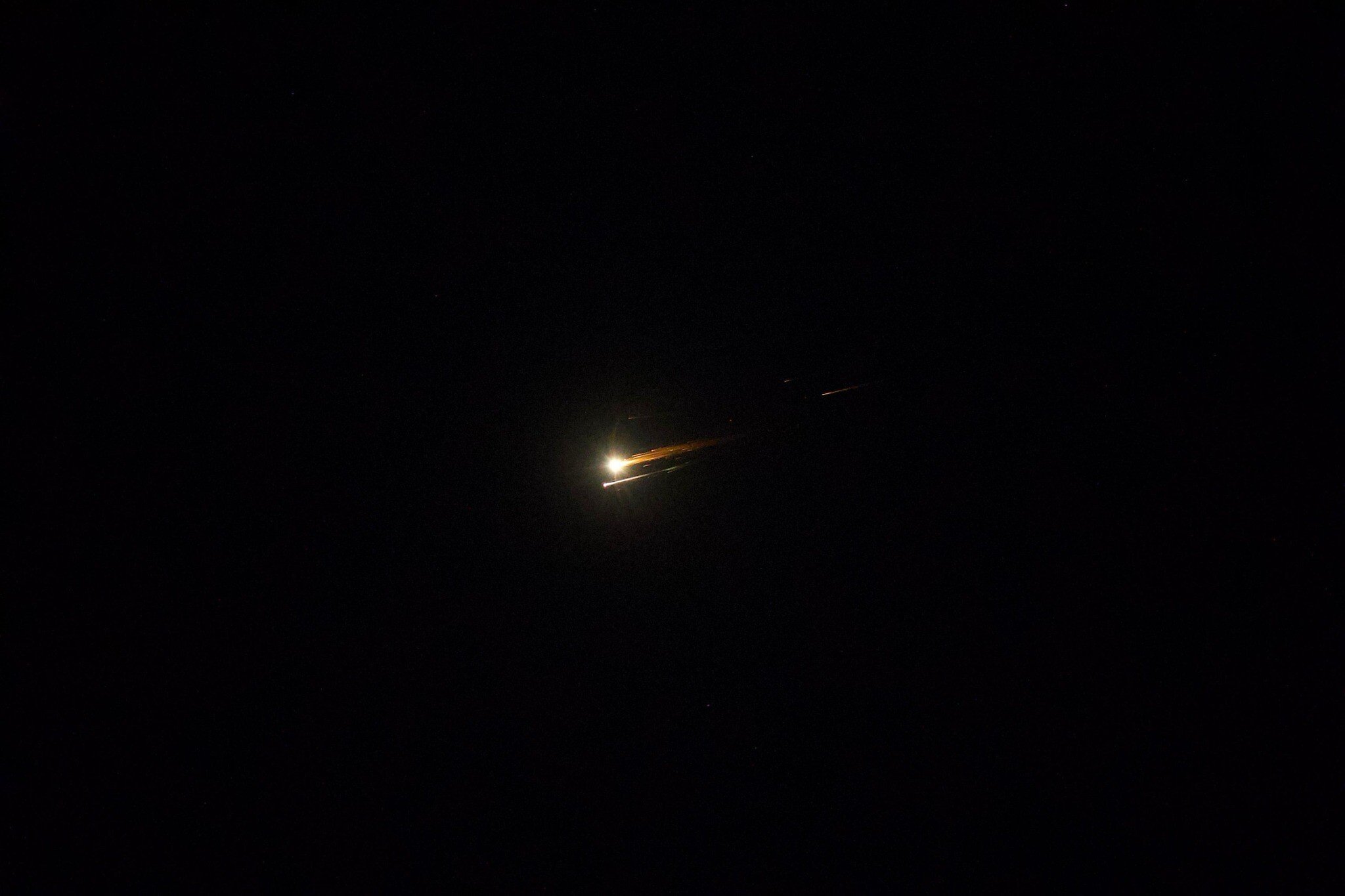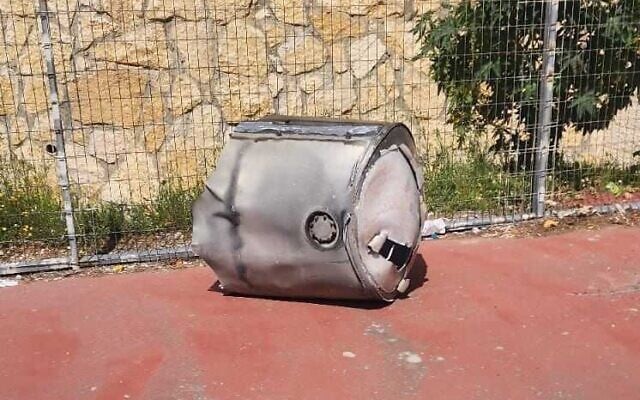



A ballistic missile fired at northern Israel by Yemen’s Houthi rebels set off sirens early Wednesday morning, sending some one million people rushing for the safety of bomb shelters.
The Israel Defense Forces said the missile was “probably intercepted successfully” by air defenses. Alerts are sounded as a precaution against falling missile and interceptor debris, which has in the past caused injuries and even death.
Sirens went off at 4 a.m. in Haifa and the surrounding area, as well as the Western Galilee region. Explosions from the interceptions were heard in Haifa and the Sharon region.
The Magen David Adom ambulance service reported no direct injuries from the attack or impacts from debris, but said paramedics treated a number of people who were injured while rushing for shelter.
The Israel Police said officers were ready to look for fallen debris if any was reported to its emergency call center. Police warned the public not to approach any debris as it may contain explosives.
A new system to alert civilians of the missile attack via a push notification on their phones, 3-5 minutes before sirens sounded, apparently did not work as planned, with some saying they did not get the alert, the Ynet news site reported.
The system was used for the first time on Friday morning during the last attack by the Iran-backed Houthis. That assault set off sirens across central Israel, including parts of Jerusalem. The IDF successfully intercepted that missile, too.
At the time, some Israelis reported that they did not receive the early alert. The IDF acknowledged that the early warning system did not work correctly in some areas, resulting in civilians not receiving the notification.
Since March 18, when the IDF resumed its offensive against Hamas in the Gaza Strip, the Houthis in Yemen have launched more than 20 ballistic missiles and several drones at Israel. Only half of the missiles set off sirens in the country and were shot down, while the others fell short.
Wednesday’s attack was the first time that sirens sounded in the Haifa region since a ceasefire with the Lebanese terror group Hezbollah took effect in November, ending more than a year of fighting, which began a day after fellow Iran-backed terror group Hamas stormed southern Israel to kill some 1,200 people and take 251 hostages, sparking the war in Gaza.
The Houthis — whose slogan is “Death to America, Death to Israel, a Curse on the Jews” — began attacking Israel and maritime traffic in November 2023, a month after the October 7 Hamas attack.
The Houthis held their fire when a ceasefire was reached between Israel and Hamas in January 2025. By that point, the they had fired some 40 ballistic missiles and several attack drones at Israel, including one that killed a civilian and wounded several others in Tel Aviv in July. Israel carried out several strikes on Houthi sites in Yemen in response to the attacks.
The Gaza ceasefire collapsed in March, with Israel resuming its attacks on Hamas and the Houthis resuming their missile attacks at Israel.
In recent weeks, the United States has led the charge against the Houthis, with a series of massive airstrikes against its leadership and infrastructure.
Iran, Hezbollah, Hamas, and the Houthis are all avowed to destroy Israel.

